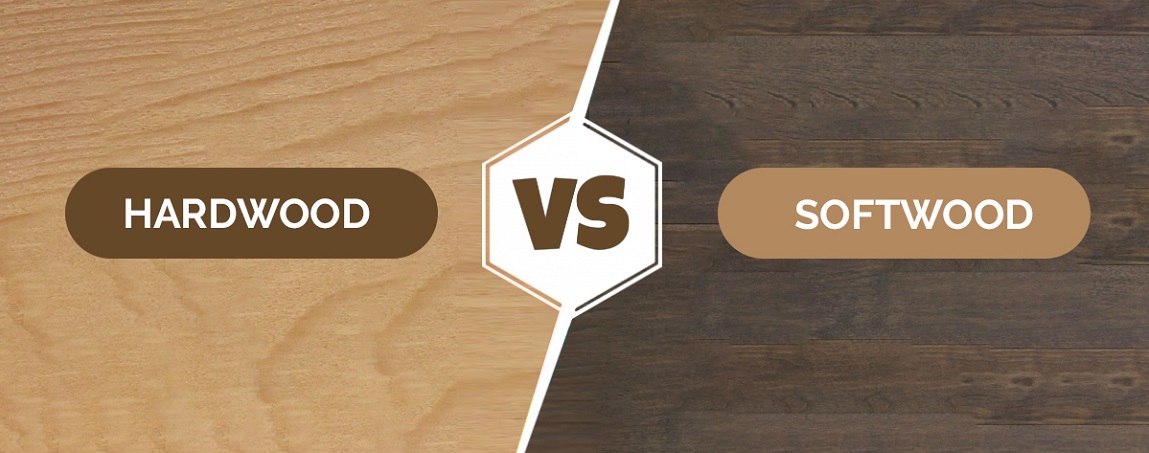Softwood refers to wood that comes from a specific type of tree known as gymnosperms gymnosperms or naked seed refers to a group of plants that have exposed seeds.
The essential difference between softwood and hardwood is that.
Below is a quick guide on softwood vs hardwood and how you can tell the difference between hardwood and softwood.
Each timber species is unique and features a different texture grain and density all of which have their own list of benefits.
Softwoods on the other hand come from trees that are known as gymnosperms.
In general hardwood comes from a deciduous tree which loses its leaves annually and softwood comes from a conifer which usually remains evergreen.
Softwood trees are known as a gymnosperm.
Softwood has a faster rate of growth.
Hardwoods shed their leaves over a period of time in autumn and winter.
And while generally speaking the average hardwoodis a good deal harder and more durable than the average softwood there are examples of deciduous hardwoods that are much softer than the hardest softwoods.
Softwoods tend to keep their needles throughout the year.
The distinction between the two woods lies within their reproduction.
Softwoods are conifers which have needles rather than traditional leaves and retain them through the winter.
Softwood is typically less expensive compared to hardwood.
Hardwood comes from a tree called the deciduous tree which produces seeds with a form of covering whilst softwoods are gymnosperms which let seeds fall to the ground as they are with no covering at all.
Softwood trees do not have broad leaves but rather have needle like leaves.
They are generally evergreen meaning that they do not shed their leaves in the fall and do not become dormant during winter.
Hardwood trees grow a lot slower than softwood trees leading to their dense genetic makeup.
Hardwood is typically more expensive than softwood.
What s the difference between hardwood and softwood timber.
Trees that produce hardwood are known as angiosperms and produce seeds that are covered either with a skin or a shell.
In general terms the names hardwood and softwood do make sense to some extent.
Hardwood has a slower growth rate.
Such seeds could be fruits or nuts.
In terms of fire resistance capabilities hardwood beats softwood by a high margin which is something to consider if fire hazards concern you.
Whether timber is hardwood or softwood all comes down to the timber s origin.
Hardwoods tend to be slower growing and are therefore usually more dense.
Softwood trees generally grow faster than hardwoods and are usually less dense.










